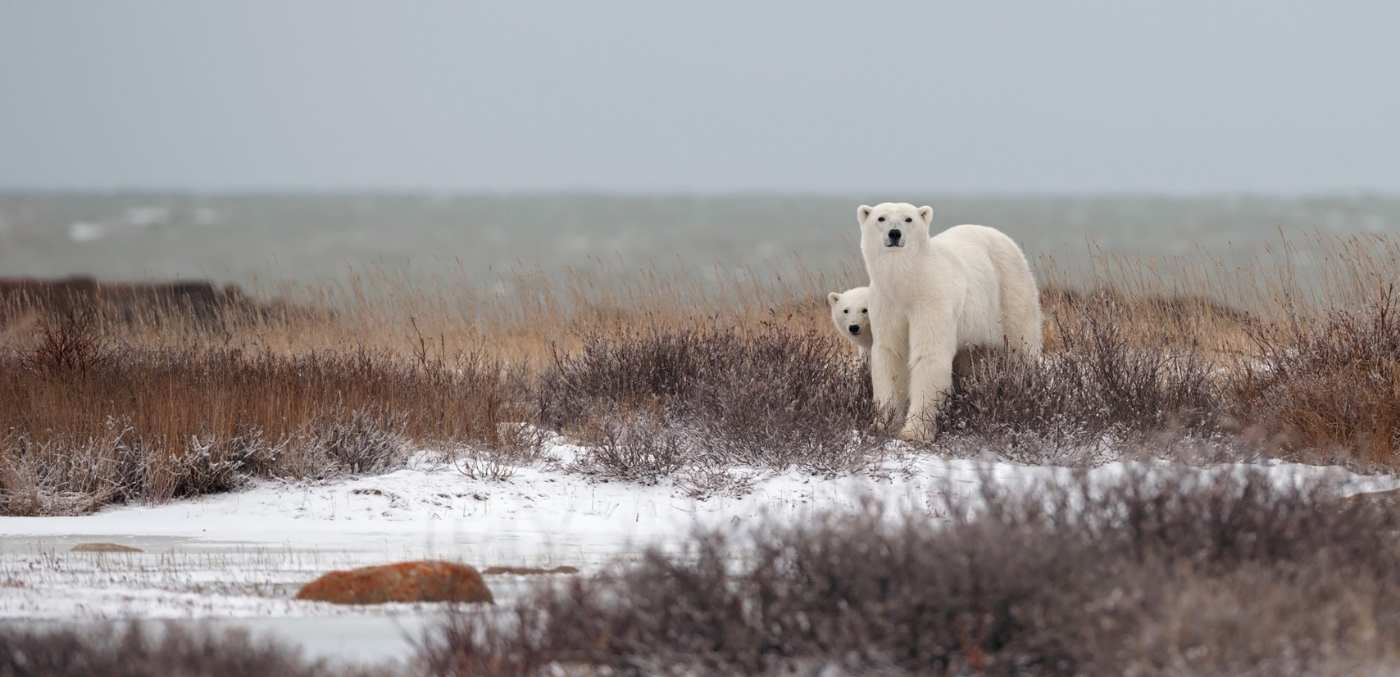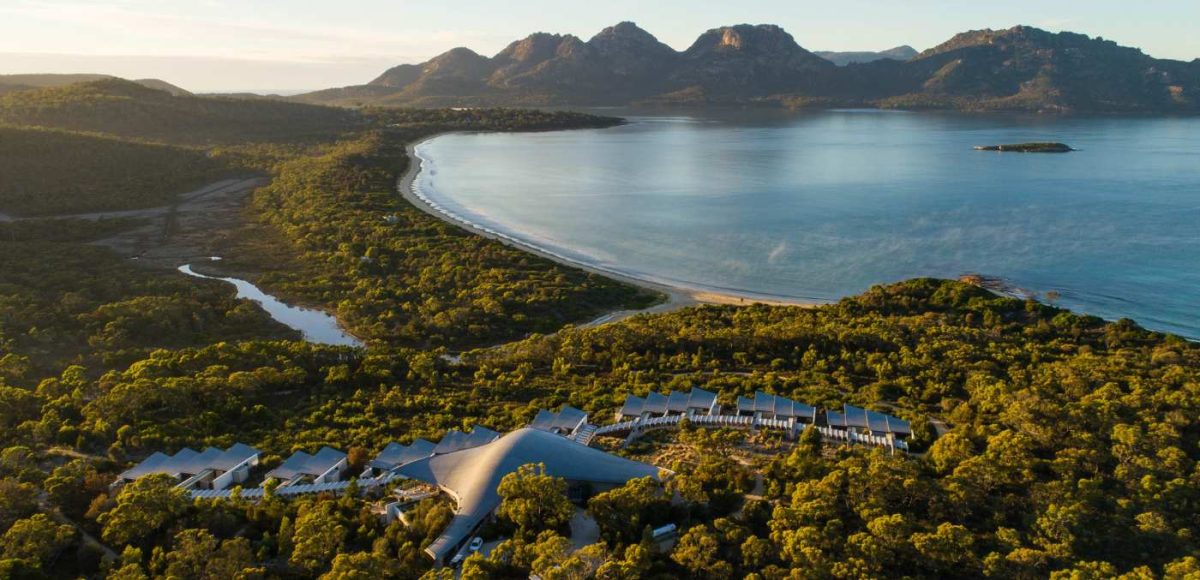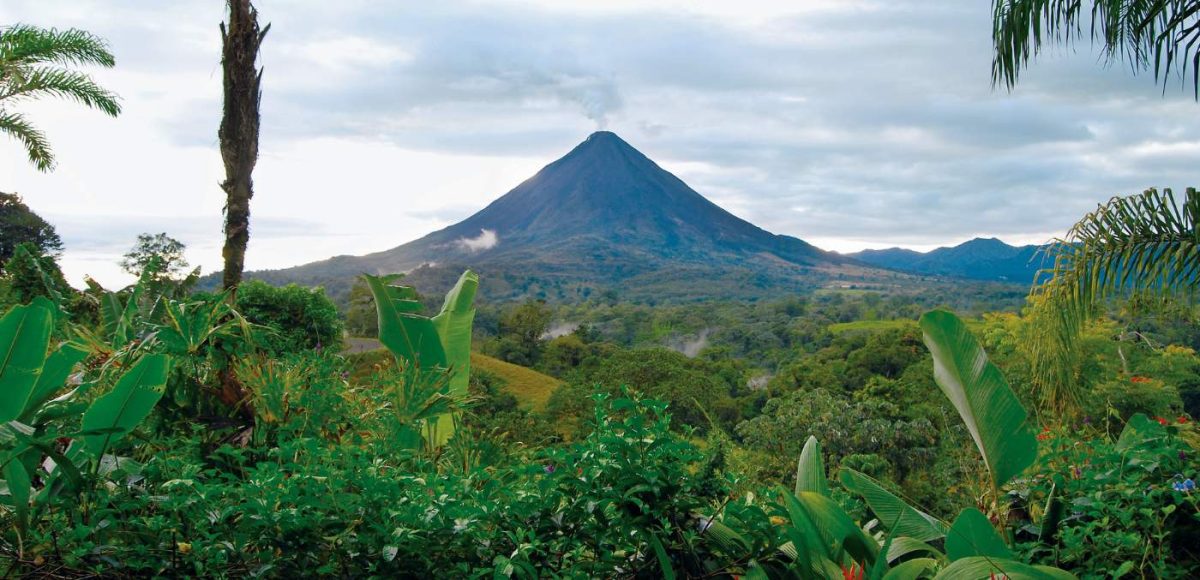In the realm of sustainability and wildlife conservation, Adventure World’s Neil Rodgers is a fervent advocate, who believes even the tiniest steps can make a profound impact.
At a time when travel has become more accessible than ever, the significance of responsible tourism and conservation has never been more critical. A pioneer in this ethos, Adventure World engages in safeguarding delicate ecosystems, preserving wildlife, and nurturing the growth of local communities. Managing director and conservation maestro, Neil Rodgers, reflects on the initiatives that set this travel company apart. Adventure World’s itineraries offer guests authentic and sustainable tailor-made adventures. With a focus on developing regions, particularly through its dedicated ‘Conservation Collection’ program, travellers contribute to local economies and conservation efforts. Rodgers says Adventure World works with the TreadRight Foundation in the creation of special trips that are critical to conservation and protection of the world’s wildlife.
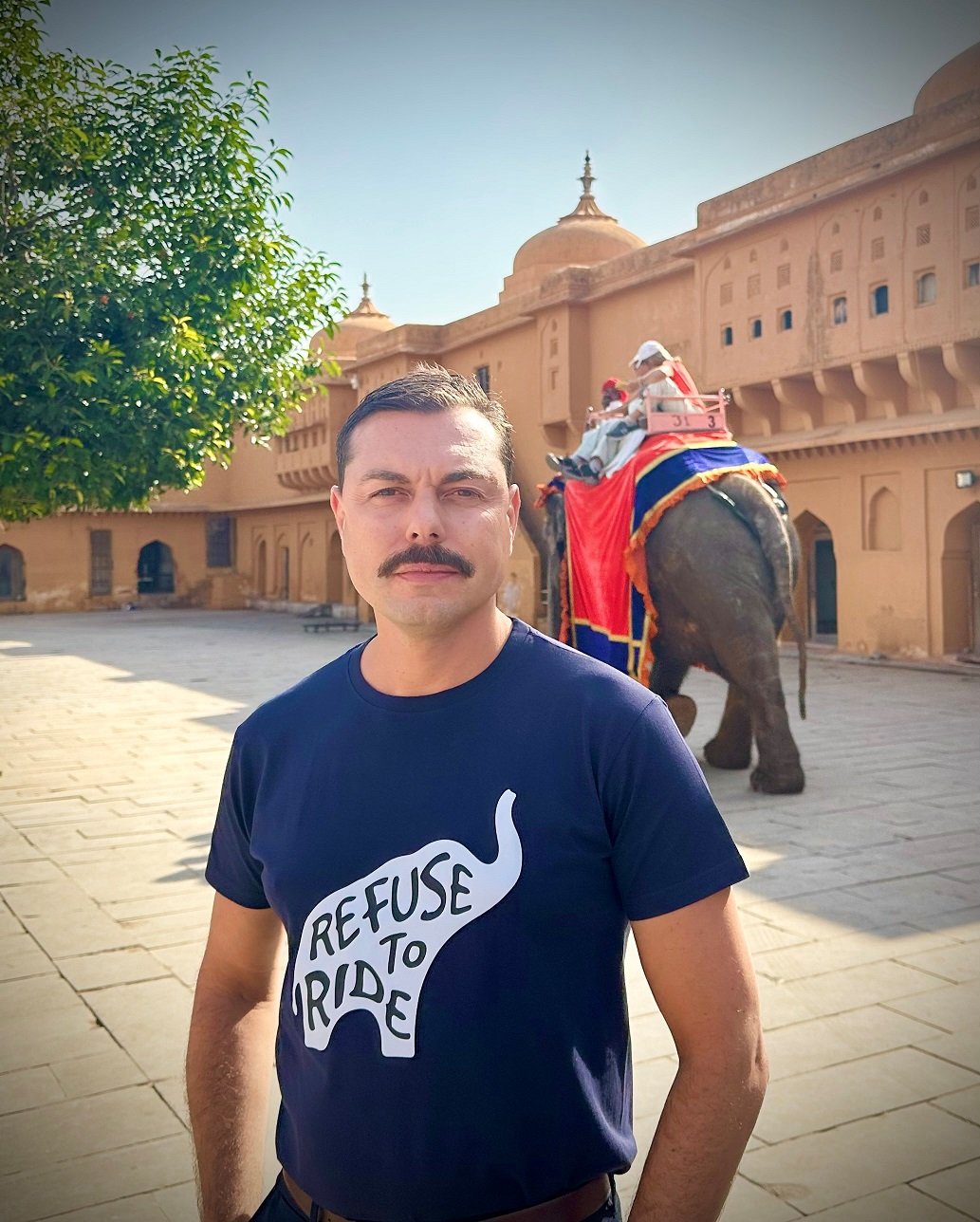
Reducing environmental and cultural impact
“Our guests go to places like Gunung Mulu National Park in Borneo, and less-visited national parks in the USA, and we’re also looking into lesser-known Inca sites in Peru rather than just Machu Picchu.” By capping group sizes to a maximum of 12, Adventure World ensures the impact on local infrastructure and culture remains positive, without overwhelming a region’s resources, a key facet of responsible tourism. “Visiting these developing regions is ideal as you’re supporting local communities, lessening the mass footprint of tourism and spreading it out more evenly.”
Supporting local economies and wildlife conservation
Adventure World aims to boost local economies by procuring unique and authentic properties that are characteristic of the destination. Guests stay in eco-hotels with proven green energy conservation measures to reduce their carbon footprint. To identify responsible tourism operators, Rodgers suggests viewing a company’s website to see if its policies are clear, easy to access and show where the organisation’s money is going. When it comes to red flags, Rodgers says “If you’re travelling to see wildlife and you’re able to touch an animal, ride an animal or bathe among them, then that is unethical.”
Responsible tourism through sustainability
The travel industry has no universal or standard benchmarks when it comes to environmental targets, so Adventure World’s 11 sustainability goals are instead guided by the United Nations’ Global Goals and insights from its various partnerships, such as with World Animal Protection and the Travel Corporation (which publishes a transparent ‘Impact Report’ each year). The company’s practices and five-year sustainability strategy are also led by the research and data of the TreadRight Foundation, which has a clear responsible tourism mission, “To have a positive impact on the people and communities we visit, to protect wildlife and marine life, and to care for the planet we call home.”
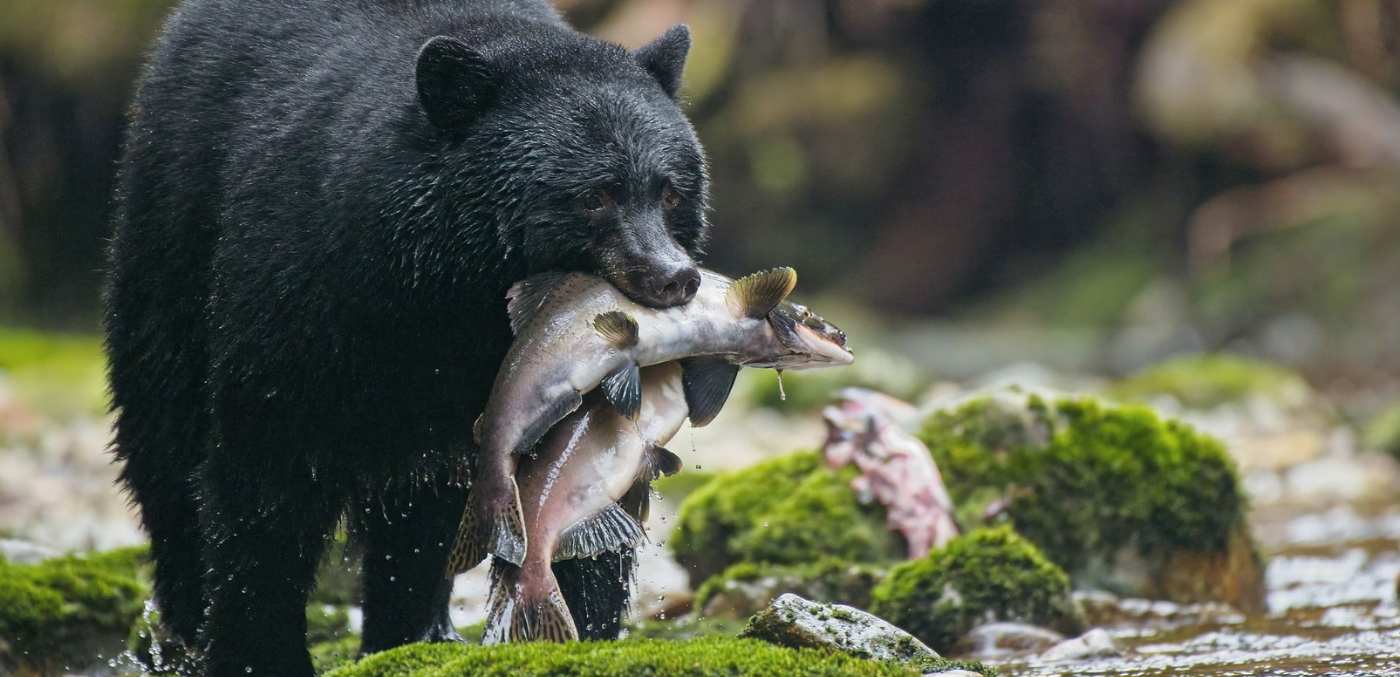
Small actions create big change
Adventure World engages in a broad range of initiatives to support conservation, responsible tourism and local communities in a tangible way. For example, in one particular destination in Egypt, after observing the mistreatment of donkeys and mules, Rodgers came up with an innovative solution: “We worked to build shaded areas for the animals, and we gave each of our guests an apple and a carrot so that when they got off their donkey or mule, they could feed them.” This simple but powerful gesture not only improved the animals’ welfare but also communicated a strong visual message to local owners about the importance of compassionate treatment. In South Africa, the organisation pledged $20,000 and assisted in removing an extensive network of barbed wire from a former trophy hunting lodge, opening up an entire delta where wildlife now roams freely. Rodgers believes in re-engineering and re-employment as viable solutions to put an end to poaching, “You know that these people are not doing it for any other reason but to support their families. Governments need to take a hard stance on banning the trade of animal products, and giving the people that profit from them gainful employment.”
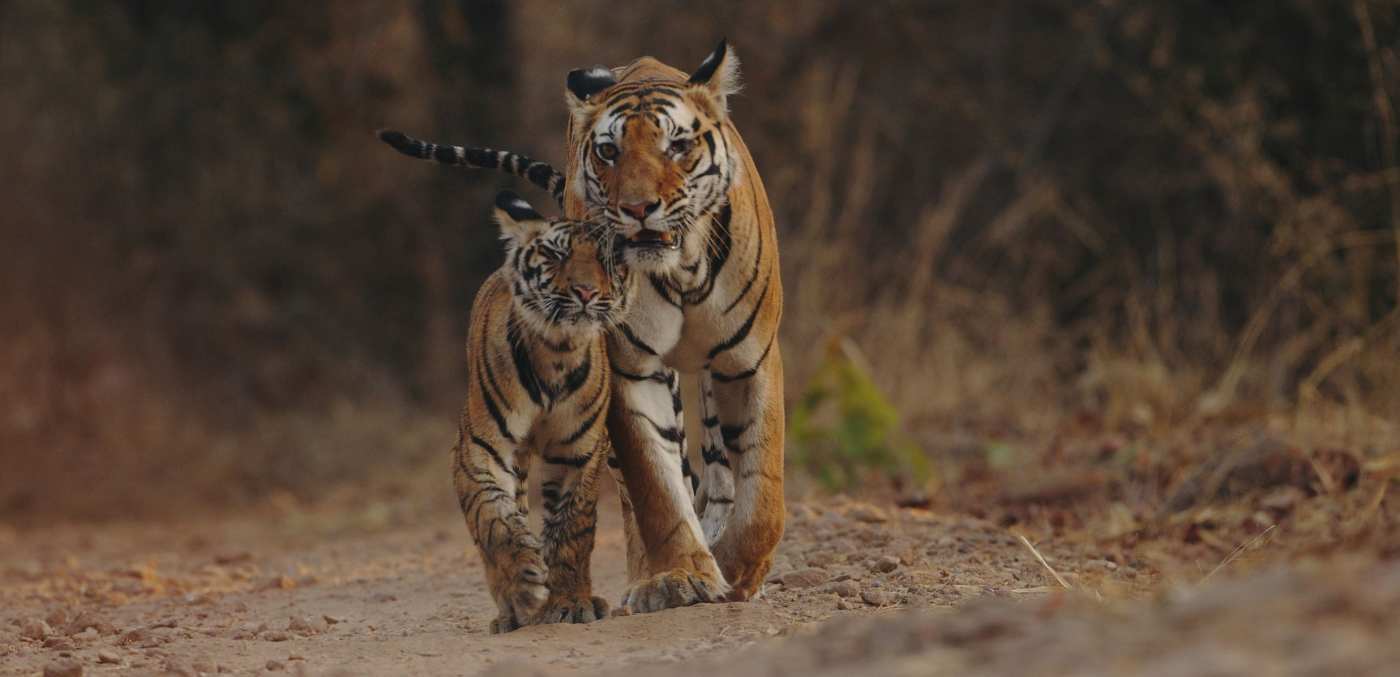
Reflecting on the transformative power of education and collective action, he believes that positive change can be swift and impactful. “I’m an eternal optimist on everything and I’ve seen now firsthand how quickly things can turn around.” As Adventure World’s practices and Rodgers’ own experiences demonstrate, small actions can lead to powerful change and collectively make a world of difference.
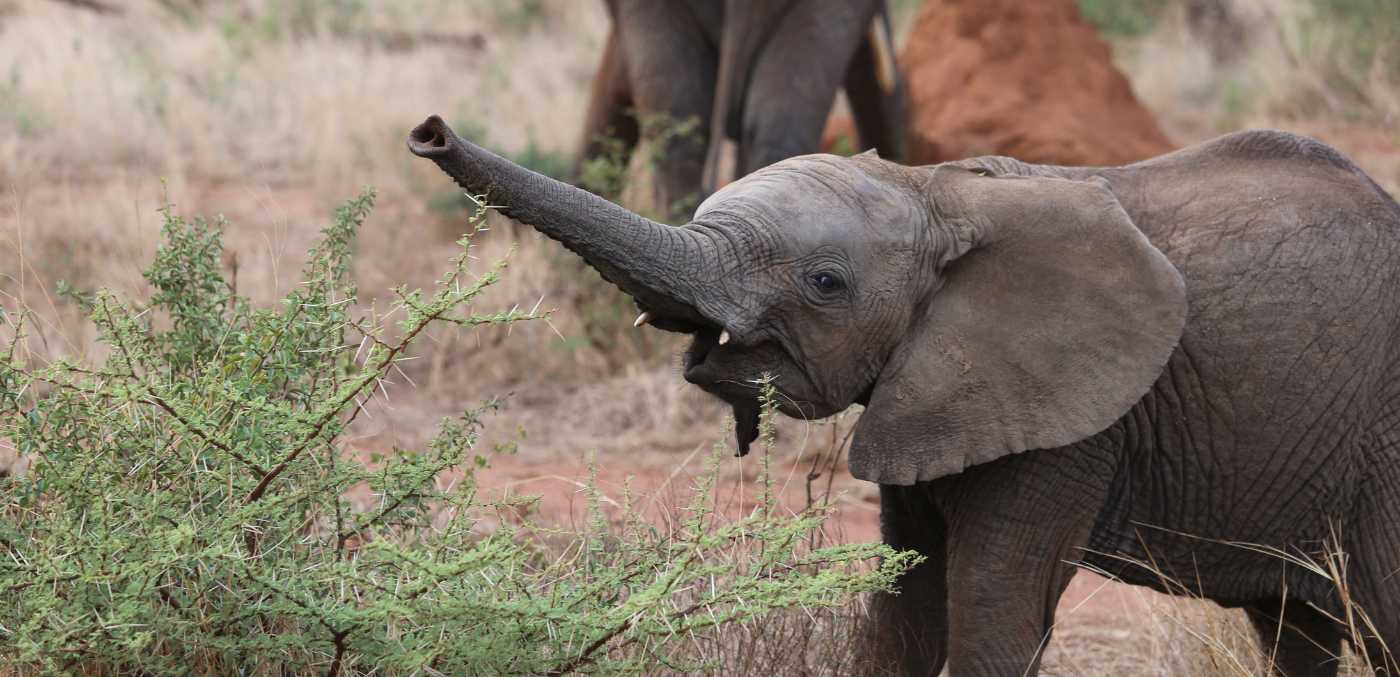
This article originally appeared in volume 45 of Signature Luxury Travel & Style magazine. Subscribe to the latest issue today.







